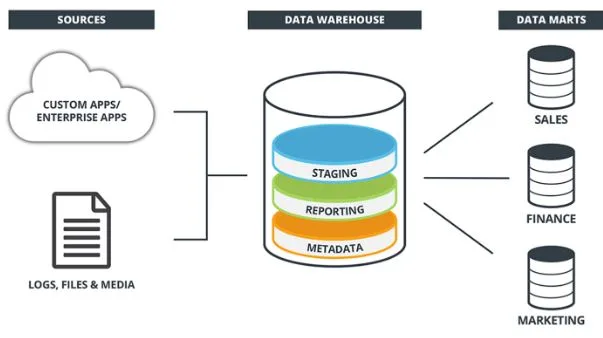The Importance of Seeking Specialist Tax Advice for Real Estate Investors
Investing in real estate can be lucrative, but it’s a venture that comes with its own set of financial complexities, particularly regarding taxation. Without tax advice from specialists like Advise RE, you may find yourself navigating a minefield of potential liabilities and missed opportunities for savings.
Navigating Tax Implications of Various Real Estate Investment Structures
The structure of your real estate investment can significantly affect the tax obligations you face. Sole proprietorships, partnerships, limited liability companies (LLCs), and corporations each come with different reporting requirements and tax treatments. For example, the flow-through taxation of LLCs can be beneficial for many investors, but may not be ideal for all situations.
Investing as an individual versus creating a legal entity has direct tax consequences. Personal liability, the extent of record-keeping, and the ease of transferring assets all factor into deciding the most tax-efficient structure for real estate holdings. The right structure can mitigate tax exposure while enhancing legal protections.
Real estate investment trusts (REITs), for instance, offer a different model, distributing the majority of income to shareholders to avoid corporate taxation. The ability of REITs to provide investors with a steady income stream while avoiding corporate-level taxes is an advantageous strategy, but it requires meeting specific regulatory requirements.
Choosing the most appropriate investment vehicle necessitates a clear understanding of these various structures and their respective tax implications. Savvy investors often turn to specialists who can advise on the most advantageous arrangements given their financial goals and the current tax landscape.
Maximizing Deductions and Tax Benefits for Real Estate Portfolios
One of the most compelling reasons to invest in real estate is the potential for significant tax deductions and benefits. Navigating these opportunities to reduce taxable income can have a huge impact on an investor’s bottom line. Write-offs like mortgage interest, property taxes, operating expenses, repairs, and depreciation are just a few examples of allowable deductions.
Depreciation as a tax deduction can shield a large portion of income from taxes. It allows investors to deduct the costs associated with the wear and tear of a property over time. However, calculating depreciation properly requires understanding the asset’s class life and recovery period, which can vary depending on the type of property.
There are also tax credits available for real estate investors, which differ from deductions as they provide a dollar-for-dollar reduction in tax liability. Tax credits for historic preservation, energy efficiency improvements, and low-income housing investments are all incentives that can further reduce the amount of tax owed.
To take full advantage of these deductions and credits, you need to remain vigilant and informed about tax law changes and eligibility requirements. Professional tax advisors specialize in identifying and applying these benefits to ensure investors do not miss any opportunities to maximize their returns.
Avoiding Common Tax Pitfalls for Real Estate Investors
While real estate offers ample tax advantages, it’s easy to fall into traps that can result in heavy liabilities. One common mistake is failing to properly categorize activities which can lead to misapplication of tax rules. This could involve mistakenly classifying a property as a personal residence when it qualifies as a rental property, or vice versa.
Another pitfall is ignoring passive activity loss rules. These rules can limit the amount of loss investors can deduct against nonpassive income, potentially increasing taxable income if not carefully planned for. Investors may also inadvertently trigger a tax event through sloppy bookkeeping or oversight of the intricacies involved in transactions such as like-kind exchanges.
Under or over-reporting rental income is a frequent issue that can draw the attention of tax authorities, leading to audits and penalties. Keeping meticulous records, including all sources of income and related expenses, is paramount. Equally important is understanding the implications of refinancing, as it can sometimes be misinterpreted as income, resulting in unexpected tax consequences.
Having an expert who is familiar with the specific tax pitfalls pertinent to real estate can help investors steer clear of these common issues. The right advice can help you identify red flags early and implement strategies to mitigate risks.
Altogether, the intricate world of real estate taxes demands a high level of expertise and diligence. Tax professionals are invaluable assets in your investment strategy, helping to ensure that every decision is made with a clear understanding of its tax implications.




